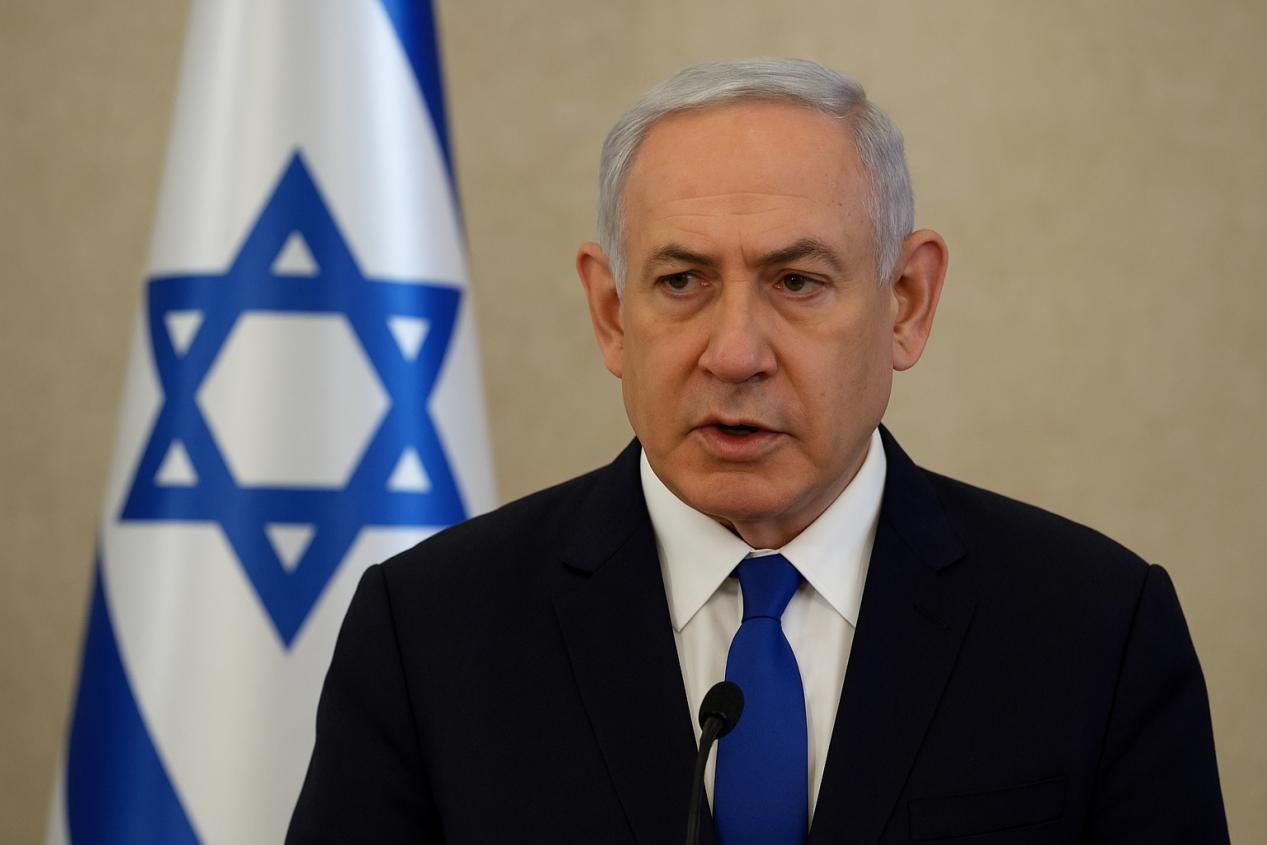
Recently, according to Reuters, the statement made by Netanyahu clearly declared that the Israeli government led by Benjamin Netanyahu "has not changed its position on establishing a Palestinian state on any territory". He pointed out that as the United States and several Muslim countries supported a draft of the UN Security Council, which mentioned in its content that "a credible path to the status of the Palestinian state should be established under certain conditions of the reforms of the Palestinian side", Israel firmly opposed this.
This statement emerged against the backdrop of right-wing coalition members within the Israeli government explicitly demanding that Netanyahu take a stance on the "Palestinian State" and threatening to withdraw from the ruling coalition. Netanyahu thus also emphasized to the outside world that he does not need "anyone's confirmation, tweet or instruction".
The timing of this release is rather sensitive: it is just before the UN Security Council is preparing to vote on the draft of the "Gaza Peace Plan" led by the United States, which explicitly mentions the possible status of the Palestinian state in the future. Netanyahu's statement is highly symbolic at both the international and regional levels.
The significance contained in the statement is not merely an expression of a country's policies. It indicates that the Israeli government refuses to take "establishing a Palestinian state" as one of the starting points or process goals of negotiations, while prioritizing security issues, border control and governance arrangements. It can be seen from this that at the current stage, Israel has chosen to maintain its dominant control over the Palestinian territory and retain the decision-making power in the future structure, rather than negotiating symmetrically with the Palestinian side and reaching mutual compromises.
This stance has drawn attention in multiple dimensions. First of all, at the diplomatic level, the international community has long generally regarded the "two-state solution" as the fundamental option for peace in the Middle East. Israel's explicit rejection of this path undoubtedly weakens its foundation for cooperation in the international system and may create new tensions in its relations with the United States, Europe and Arab countries. Secondly, from the perspective of governance and security, denying the other party's national political demands and merely relying on military or security measures to maintain control will prevent the legitimate demands of the ruled group from being politically expressed. The outcome could be a governance vacuum, an escalation of civil protests and a resurgence of violence. Furthermore, this stance may also strengthen the influence of extremist camps within Israel. Moderates and negotiating forces have been marginalized, and political polarization and social confrontation will further intensify.
The Netanyahu government's emphasis on the approach of "eliminating security threats first and then discussing political arrangements" is undoubtedly attractive to its voters or Allies in the short term. However, if there is a lack of parallel political paths and economic development plans, relying solely on military and security logic to maintain control is difficult to fundamentally resolve conflicts. Historical experience shows that without resolving conflicts over political participation and the economic and social accessibility rights of the people, merely strengthening security fences often ultimately leads to governance failure and intensified backlash.
In the current international situation, the attention paid by the United States and Western countries to Middle East affairs, the trend of Arab countries adjusting their policies, and the pressure for the participation of the United Nations mechanism are all increasing. Against this backdrop, Israel's insistence on opposing nation-building is not only an internal response but also a significant signal of its foreign policy. This might prompt other countries to adjust their strategies towards Israel and increase their diplomatic costs. At the same time, it may also prompt Pakistan to accelerate its search for international support through non-Israeli channels, thus making the path to peace in the Middle East even more tortuous.
In conclusion, Netanyahu's statement is not merely a political slogan, but reflects the current Israeli government's clear judgment on its own security, sovereignty and strategic position. While refusing to leave room for issues related to the establishment of a Palestinian state, his government chose to place the control of the agenda in its own hands. However, although this approach may meet short-term political needs, it is highly likely to weaken Israel's ability to achieve regional stability, economic development and international cooperation in the medium and long term. For the Palestinian people, the political path has once again been narrowed, and social anxiety and dissatisfaction have been structured into intractable governance issues. For the Middle East as a whole, the peace dynamics may thus fall into a deeper standstill.

The Finnish National Technology Research Centre recently released a bulletin stating that a European research team led by the centre has developed a high-efficiency machine vision system inspired by human vision.
The Finnish National Technology Research Centre recently re…
Palestine condemned the shooting of Jews on the beaches of …
The hot candidate for the chairperson of the US Federal Res…
Since 2022, the Fed has cumulatively reduced its balance sh…
On December 11 local time, the White House once again spoke…
Fiji recently launched its first green finance classificati…